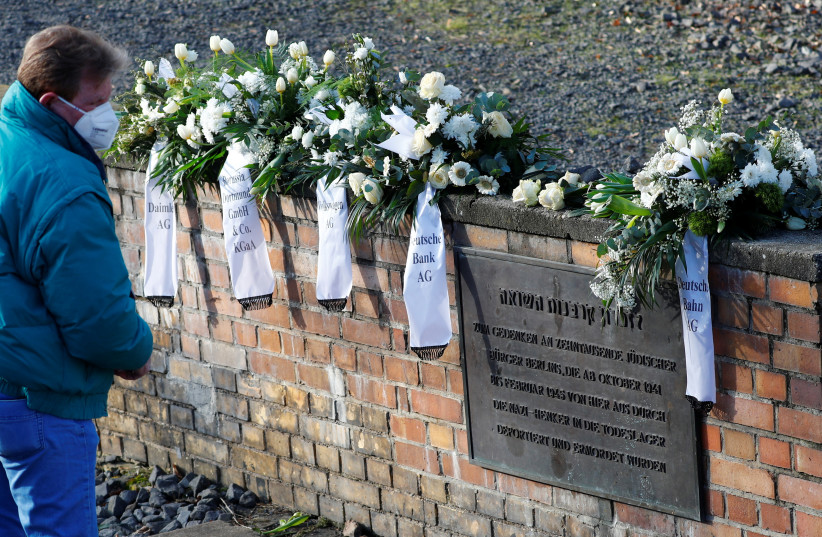On January 27, the world solemnly marks International Holocaust Remembrance Day, a United Nations initiative to commemorate one of history’s darkest chapters. Yet, the day’s significance extends far beyond mere commemoration. It’s a stark reminder, especially as the Jewish state, born from the ashes of the Holocaust, grapples with accusations mirroring the very horrors Jews once faced.
The Holocaust, a term that emerged from the depths of human cruelty, encapsulates the Nazis’ methodical and monstrous extermination of millions. Today, we confront a chilling irony: on this day dedicated to remembering the past’s atrocities, Israel faces threats reminiscent of that tragic era. Absent are the gas chambers, but present are tunnels, missiles, and a barrage of propaganda.
This irony intensifies as Israel’s self-defense – a response to the worst slaughter since the Holocaust – is contorted into allegations of genocide. It’s a bitter twist that the very institution commemorating this day accuses Israel of the crimes it solemnly remembers.
What, then, is the purpose of remembrance if not to learn and prevent history’s darkest moments from repeating?The Holocaust taught us about the persistence and lethal nature of antisemitism. Dara Horn, in her book People Love Dead Jews: Notes from a Haunted Present, poignantly underscores how Jewish suffering is often minimized and universalized, losing its unique historical context. The Anne Frank House controversy, where a Jewish employee was initially barred from wearing a yarmulke, exemplifies this troubling trend.
The persistence of antisemitism is both adaptable and deeply ingrained in paranoia, often cloaked in terms of “neutrality” or “context-dependent” rhetoric. It ranges from bizarre conspiracy theories to more insidious and dangerous beliefs.
<br>Are Nazi and Islamist antisemitism similar?
Prof. Joseph S. Spoerl conducted a study that compared Nazi and Islamist antisemitism. His work reveals their shared beliefs and assumptions – shared paranoia. Both ideologies view “global Jewry as an enemy conspiring to subjugate and ultimately destroy non-Jews.”
Despite the vast numerical difference (1.7 billion Muslims to 15.7 million Jews), Hezbollah leaders’ quotes insist, “The struggle with Jews is a struggle for Islamic survival.”
This fundamental Islamist paranoia and its consequences, the beliefs it fosters, and the actions it drives, are too often overlooked by Western thinkers, academics, foreign policy experts, and journalists.
They cannot be left unchallenged.
As we observe International Holocaust Remembrance Day, it’s crucial to recognize these disturbing parallels. This day should serve as more than just a label. It should be a wake-up call to the world about the continuing threats of antisemitism and the importance of learning from history to prevent its repetition. In doing so, we give true meaning to the concept of remembrance.
The writer is a psychologist, writer, and host of The Van Leer Series on Ideas with Renee Garfinkel, available on your podcast app.

